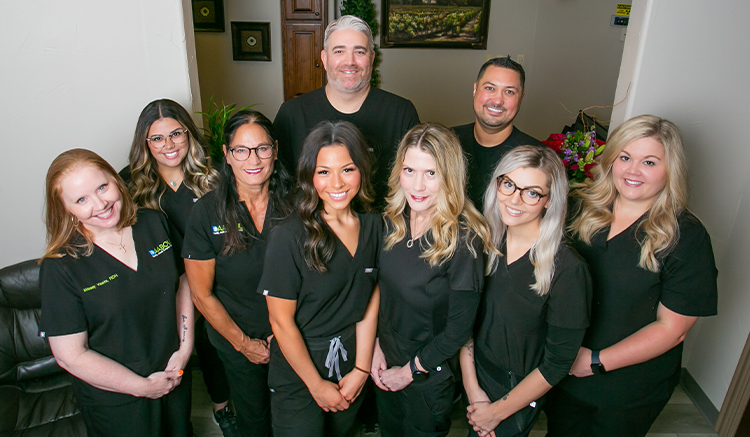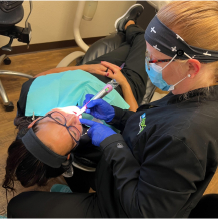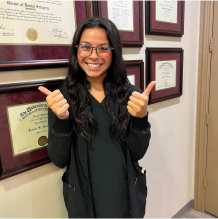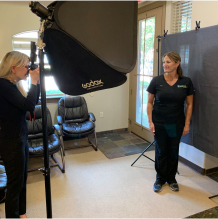If you're curious about your smile or dental health, reaching out to our team is the fastest way to get answers. However, we understand that some patients prefer to research independently, or your schedule might be tight. That's why we've compiled a list of answers to some frequently asked questions. Continue reading to learn more, or feel free to contact our office if you have additional concerns.
How Do I Get Emergency Dental Care?
First things first, you should contact our team right away to inform us of your situation. We will do our best to accommodate you for an appointment as soon as possible. In case of severe conditions such as a broken or dislocated jaw, excessive bleeding, or difficulty breathing or swallowing, it's best to head directly to your local emergency room. While they may not specialize in dental issues, they can stabilize your condition and alleviate pain until you can receive proper treatment.
At our practice, Dr. Daaboul will ensure that you can access necessary care promptly. Remember, dental emergencies often indicate underlying oral problems, so scheduling regular checkups and cleanings every six months is crucial to minimize risks and save money in the long run.
What Is the Best Way to Find a Cosmetic Dentist?
While there isn't a specific certification for cosmetic dentistry, it's beneficial to seek out a dentist with extensive experience in cosmetic treatments. Dr. Daaboul has a passion for artistry and great attention to detail, which comes in handy when crafting the perfect smile. Plus, he’s committed to ongoing education to stay on top of the latest technology and techniques in cosmetic dentistry.
How Much Does It Cost to Get a Tooth Pulled Without Insurance?
In the United States, the average cost of a tooth extraction ranges from $150 to $400. However, the exact price can vary depending on factors such as the geographic location of the practice and the patient's dental condition. Additional fees may also apply for supplementary services like sedation dentistry.
Most patients with dental insurance can expect to have a percentage of their expenses covered, resulting in potential savings. Wisdom tooth extractions typically incur higher costs due to the specialized assistance often required from an oral surgeon.
What Level of Education Is Required to be a Dentist?
In the United States, all dentists must obtain either a Doctor of Dental Medicine (DMD) or a Doctor of Dental Surgery (DDS) degree from one of the 67 accredited dental schools. Admission to dental school typically requires a bachelor's degree. Dental school programs usually span three years, incorporating a blend of theoretical coursework and practical training. Additionally, to maintain their licensure, dentists must fulfill a specified number of continuing education hours annually.












